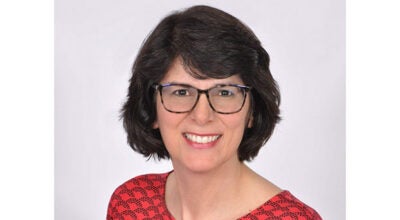Revenue shortfall could result in Niles raising electric rates
Published 9:02 pm Monday, July 8, 2013
An unanticipated loss of around $325,000 in revenue has city officials scrambling to find a way to make up for the loss, including possibility of raising Niles electric rates $6.84 a month for the average residential user.
In a committee of the whole meeting Monday, City Administrator Ric Huff told the Niles City Council the city is projected to receive $323,591 less revenue than expected for the 2013 fiscal year budget. Huff said the city is projected to lose around $1.3 million in revenue over the next six years due to decreases in real property taxes and interest income.
Several solutions were talked about, but councilman Scott Clark’s proposal to add a surcharge to electric rates seemed to gain the most support among council members. Clark proposed the city charge one cent more per kilowatt hour, resulting in an average residential electric user’s bill increasing by about $6.84 a month. The citywide average would jump $14 a month. Clark’s plan would generate around $1.3 million in additional revenue annually.
“That’s pretty cheap to make sure your streets are clean, your police are healthy, your firemen are healthy,” Clark said.
The council would need a majority vote to add a surcharge to utility rates.
Huff said the target should be to raise around $750,000. That would be enough, he said, to cover the shortfall in revenue while allowing the city to fill two vacant public safety positions, make capital improvements, provide match money for road projects and provide a nominal raise for employees, many of whom haven’t seen an increase in pay for several years.
Huff said the city had been proactive in planning for revenue shortages, including reducing staff, changing programs and finding ways to make departments run more efficiently over the past several years. Revenue in the city has been decreased $1.01 million between 2008 and 2012, Huff said. In that time, the city has reduced its general fund workforce by 20 percent.
Some of the other options discussed included:
• asking voters to pass a millage to supplement the general fund
• adding surcharges to utility rates
• laying off or furloughing staff
Huff suggested the council increase the electric division payment in lieu of taxes (PILOT) to 10 percent, while placing a 2 percent PILOT on the water and wastewater divisions. His plan would raise around $680,000 without affecting utility rates for a year or two.
Council members were asked to tell the mayor their solutions by Friday. It is possible action could be taken on a plan by as early as the next board meeting July 22.






